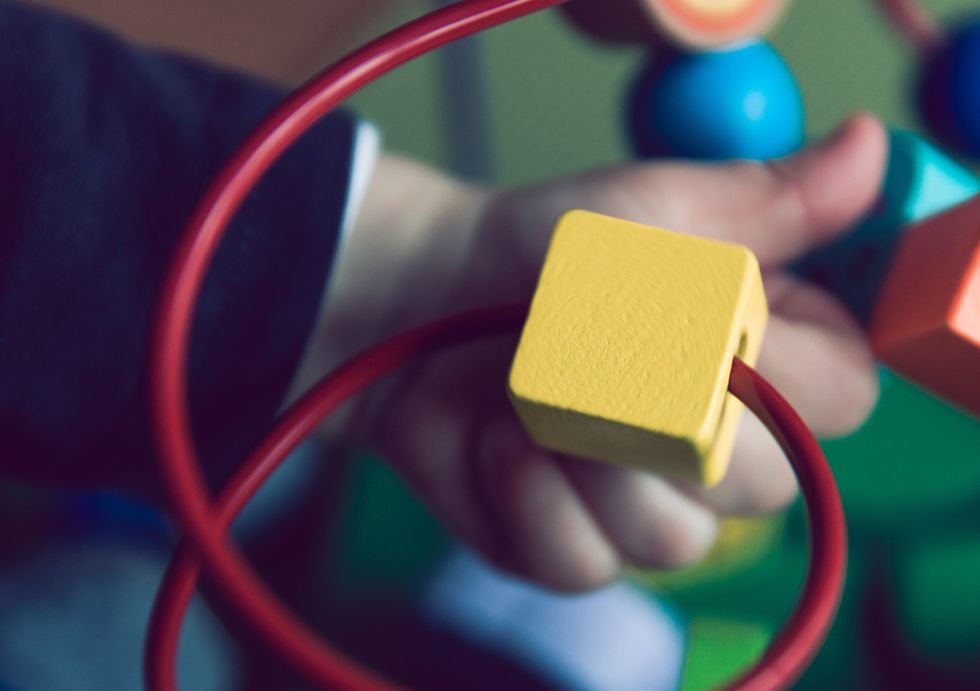"Special education, as its name suggests, is a specialized branch of education."
Special educators teach those students who have physical, cognitive, language, learning, sensory, or emotional abilities that deviate from those of the general population. Special educators provide instruction specifically tailored to meet individualized needs, making education available to students who otherwise would have limited access to education.
In 2001, according to Encylopedia.com, special education in the United States is serving over five million students. Federally mandated special education is somewhat new in the United States. Students with disabilities have been present in every society.
On the same website, in the nineteenth-century, reports of deviant behavior describe conditions that could easily be interpreted as severe mental retardation, autism, or schizophrenia. Milder forms of disabilities became apparent only after the advent of universal public education.
When reading this article on special education I found out that, literacy became a goal for all children, teachers began observing disabilities specific to task and setting, or less severe disabilities. After decades of people doing research, special education now provides services to students with varying degrees and forms of disabilities, including mental retardation, emotional disturbance, learning disabilities, speech-language (communication) disabilities, impaired hearing and deafness, low vision and blindness, autism, traumatic brain injury other health impairments, and severe and multiple disabilities.
During the middle decades of the twentieth century, Encyclopedica.com explains that instruction of children with disabilities often was based on process training which involves attempts to improve children's academic performance by teaching them cognitive or motor processes, such as perceptual motor skills, visual memory, auditory memory, or auditory-vocal processing.
Throughout my high school years, I took a class called; Learn and Serve. It was a community service based class and most of my time. I helped students with down syndrome for a whole class period every other day. Watching them learn from the very beginning of the year to the very end of the year was awesome. I got to see their minds grow in various ways.
For example, this one student was blind, and on his left side of his body, he only had half of an arm. At the very beginning of the school year, we let him run passes to and from the front office with assistance. At the end of the year, he was able to run passes all by himself using his stick. Although, he is blind and has half of an arm, he is very talented and can play songs on the piano, and his voice is absolutely beautiful.
I was also a part of buddy club, which was a club that helped the students with special needs after school. We celebrated important dates, and you could tell it meant the world to them. Helping these students with different kinds of disorders or autism, it meant more than just being a part of a club. They hold a special place in my heart.
People that do have a disorder, learning disability, or autism, etc. are unbelievably smart in their own ways.
But, they still need help in schools, just like everyone else.



















